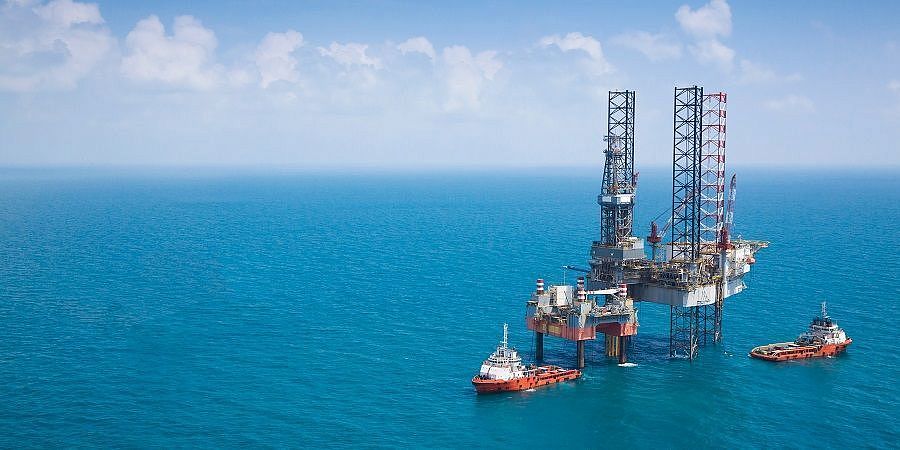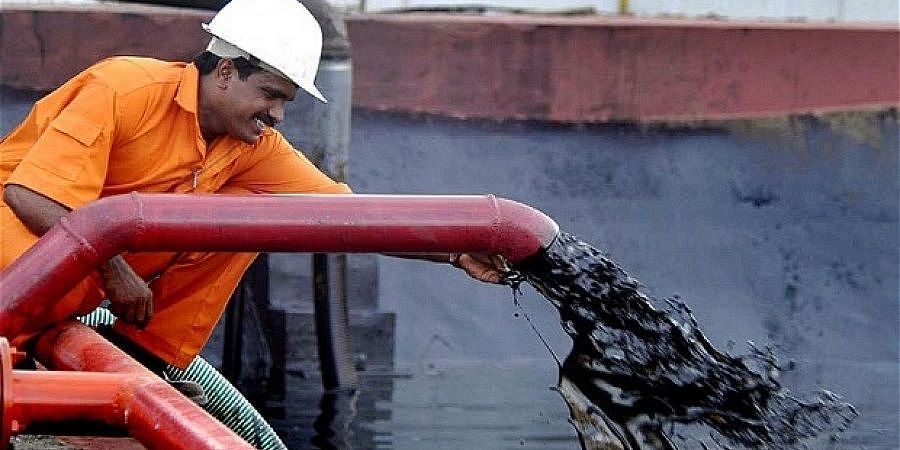Even OPEC is worried about it.
Unfortunately, it seems there is little it can do as a group to prevent this from happening.
«It is on the way, definitely,» he told CNBC’s Hadley Gamble this week.
El Molla was speaking at an industry event in Egypt where his counterparts from Cyprus and Israel shared the sentiment, with Cyprus’ energy minister saying the prospect of oil at $100 was a “very scary” one.
Meanwhile, OPEC’s head, Mohammad Barkindo, said the cartel was making an effort to ensure supply:
- There’s no doubt that we are concerned with ensuring that the security of supply is also guaranteed
- OPEC and its partners were working to “ensure that we continue to be reliable and dependable to supply oil to global markets
Even though the main driver behind the latest spike in oil prices is geopolitical rather than fundamental, with all eyes on Ukraine, tensions will sooner or later dissipate, and fundamentals will re-establish themselves.
And if the latest from the IEA’s chief Fatih Birol, is any indication, oil’s fundamentals continue to be unfavorable for fans of affordable oil.
After urging the world to stop exploring for more oil in the IEA’s Roadmap to Net Zero published in May last year, Birol once again did a 180 and urged OPEC to pump more.
The 1st time he, or rather, the IEA, did that was last October when it said in its Oil Market Report that OPEC’s spare production capacity was dangerously low and it needed to boost investments in new production.
The IEA said:
- As the bloc ramps up production, its spare capacity will dwindle
- Compared with a cushion of 9 mb/d in 1Q21, effective spare capacity could fall below 4 mb/d by 2Q22 and be concentrated in only a few Middle Eastern countries, although supply is expected to exceed demand
- Shrinking global spare capacity underscores the need for increased investments to meet demand further down the road
Banks are pulling out of the oil & gas industry, so financing is about to become trickier to obtain, and Big Oil is trying to become green even though it saw a windfall from the improvement in oil prices that perhaps even its most ESG-minded investors would appreciate.
However, the circumstances right now are quite challenging.
The world’s top economies are fighting runaway inflation while trying to juggle their new climate change agenda and keeping energy relatively affordable for most of their citizens - this last part is becoming the main challenge.
Normally, excessively high prices lead to a slump in demand and this is cause for concern enough for oil-dependent economies.
But in the current context of a deliberate push away from fossil fuels, excessive prices for oil could provide a much-needed additional motivation to double down on the energy transition, both on the part of governments and businesses.
Author: Irina Slav







